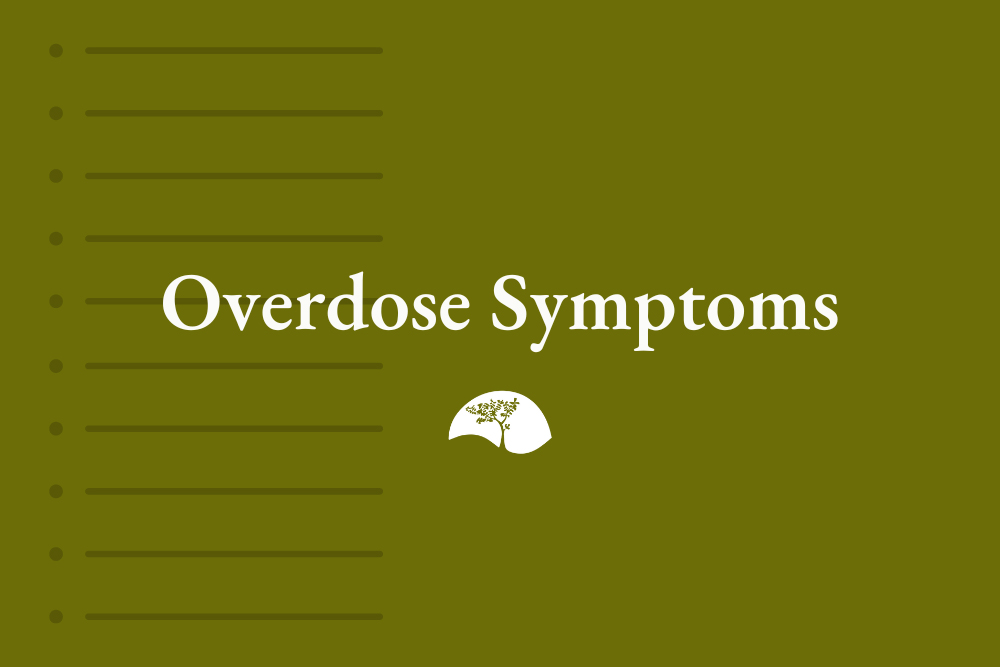Alcohol, drugs and various medications can overwhelm your body if you take too much. When this happens, it results in an overdose. Overdoses are dangerous because they can cause brain damage or death. With International Overdose Awareness Day approaching on Aug. 31, here’s how to recognize the warning signs of an overdose.
Overdose Risk Factors
Your chances of experiencing an overdose can vary, depending on variables like these:
- Which substance or combination of substances you consumed
- The method you used to take it
- How much of the substance is in your system
- Your overall health
- Your age, weight and metabolism
Many overdoses happen by accident because people aren’t aware of how drugs can interact with each other when taken together. For instance, if you are taking a short-term prescription of a drug like Vicodin and don’t read all the warnings and instructions that came with it, you might not realize that drinking alcohol with opioids in your system can put you in danger of overdosing.
What Happens During an Overdose?
The signs of an impending overdose can be subtle if you don’t know what to look for. Overdoses rarely happen all at once. Instead, the brain and central nervous system shut down essential life-support functions over time.
Early phases of an overdose may begin with discoordination, disorientation and dizziness. The victim can lose their balance and fall down. They may also have pale, clammy or bluish skin, an erratic heart rate and severe stomach pains. Their body might go limp and become unresponsive, even if they appear to be awake.
You might think someone who passes out after taking a large amount of drugs and/or alcohol will be fine if you let them sleep it off. However, this is a dangerous assumption, especially if you notice they have labored breathing and a weak pulse. An unconscious person can choke on vomit or gradually stop breathing.
What to Do If You Witness an Overdose
If you think someone has overdosed, the first thing to do is to stay calm and call 911. While you wait for emergency responders to arrive, move the overdose victim into the recovery position, which will help keep their airway open and prevent asphyxiation if they vomit. Continue to monitor their vital signs like temperature and blood pressure until EMTs take over.
Health professionals will want to know what and how much the overdose victim took, so they can provide the appropriate treatment. They might take steps like administering CPR, pumping the person’s stomach or providing IV fluids. In an opioid overdose, a drug called naloxone can block the drug’s effects and restore breathing.
CARF-Accredited Addiction Treatment
While an overdose can be a frightening experience for the victim and bystander alike, it could be the defining moment that inspires someone with a substance use disorder to get help. At Hemet Valley Recovery Center & Sage Retreat, we offer hospital-quality diagnostic services and treatment for co-occurring disorders. We have attained accreditation from the Joint Commission, CARF and ASAM.
To learn more about the benefits of hospital-based treatment, please contact us today to speak to a member of our admissions team.


